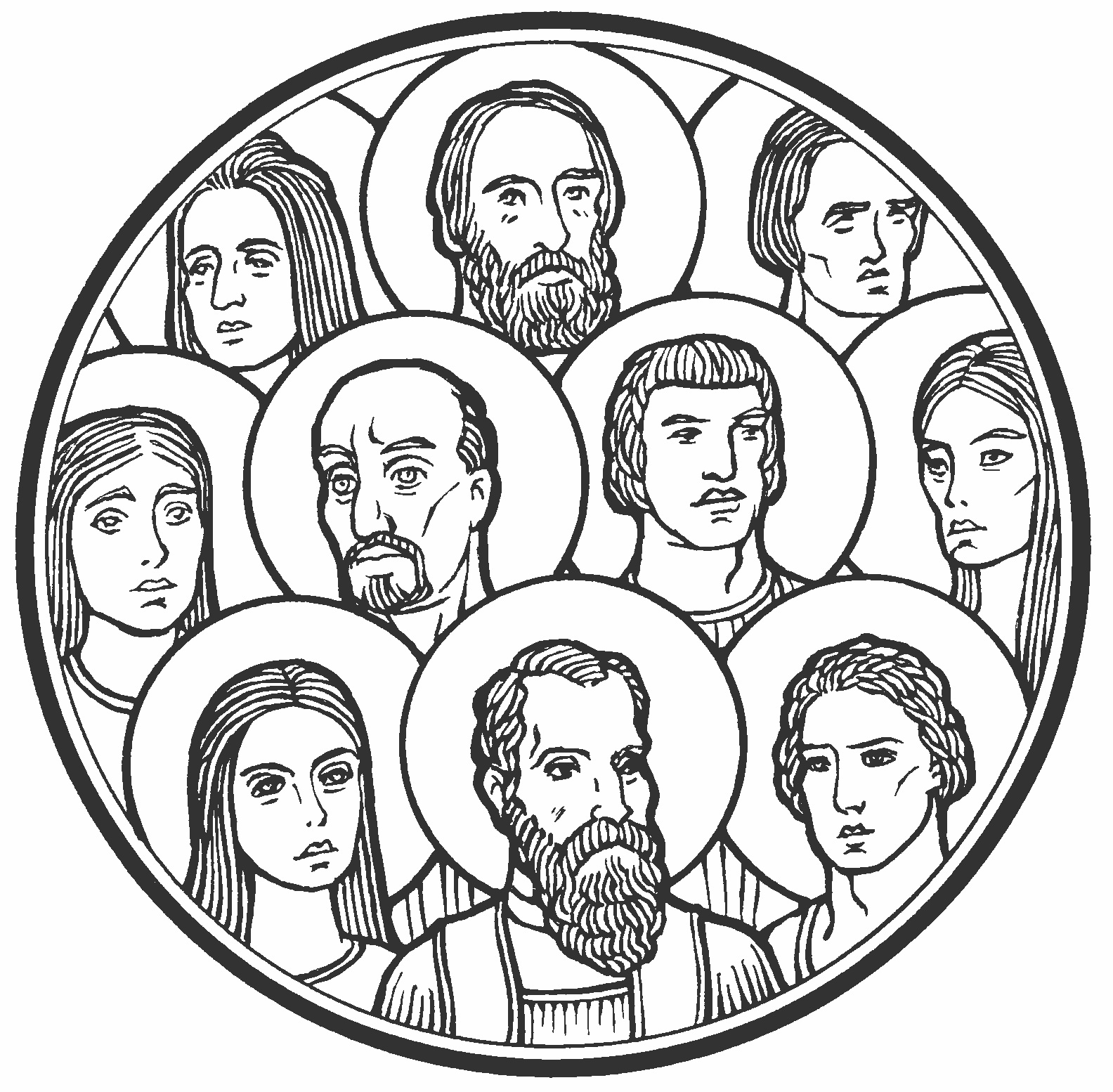Tag: Revelation 7:9-14
-

All Saints Sunday
~ observed ~ Readings: Revelation 7:9-17 | 1 John 3:1-3 | Matthew 5:1-12 Text: Revelation 7:9-14 In our country, we have various holidays that call to remembrance various aspects about what it means to be an American. We celebrate the Fourth of July as Independence Day, in which we call to mind the momentous events…
-
All Saints Sunday (Revelation 7:9-14)
Bethlehem Lutheran Church, Lebanon, OR All Saints Sunday + November 3, 2019 Text: Revelation 7:9-14 This scene of the faithful at rest is given to John in the middle of great judgments at the end of the age. After the sixth of seven seals, the proud of the earth who have rejected the Gospel vainly…
-
All Saints Day (observed) (Revelation 7:9-14)
Bethlehem Lutheran & Bethel Lutheran Church, Lebanon & Sweet Home, OR All Saints Day (observed) + November 4, 2018 Text: Revelation 7:9-14 9 After this I looked, and behold, a great multitude that no one could number, from every nation, from all tribes and peoples and languages, standing before the throne and before the Lamb, clothed…